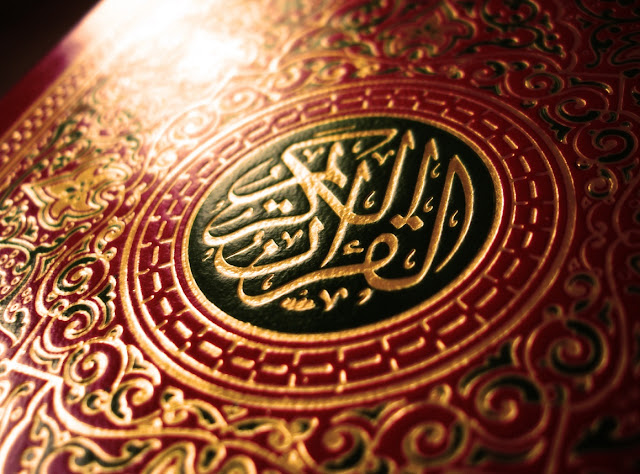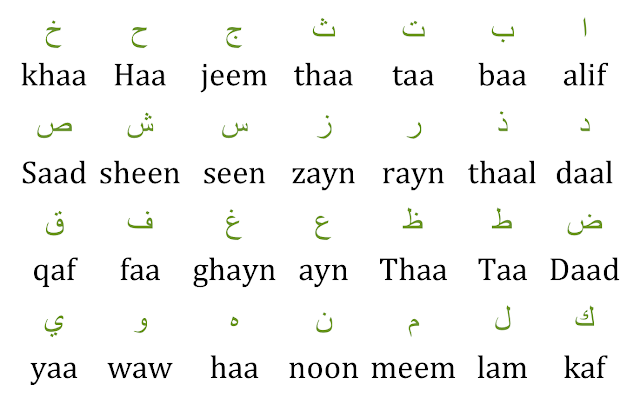The Quran: Lost in Translation School Essay
https://phistars.blogspot.com/2012/12/the-quran-lost-in-translation-school.html
The Quran: Lost in Translation School Essay
Editor's Note: This is an essay of mine. It was for a class that I took a few years ago. It was about women in the Quran. It explained to me a lot of controversial things about the Islamic religion. This essay is about the translations of the Quran. In any case, my essay of mine is 5 stars worthy. I put some pictures for generic purposes.
REL 4364 U01
Muslim attitudes toward
translation and interpretation of the Quran.
Muslim attitude toward translation and interpretations vary
greatly. There appears early evidence of The Quran’s translation and
interpretation as far back as time of Muhammad. According to Ahmad Von Denffer,
the Persian Salman al Farisi sent the translation of the first sura to Iranian
converts for recitation in native tongue (142). Muslim believed that for the
purpose of conversion, translations where necessary. In addition, Muslims
argued that interpretations are necessary to prevent the misinterpretation of
the Quran. However, Muslim scholars realized the problems with translations and
interpretations. In order to overcome these problems, Muslim scholars developed
standards for both interpretations and translations.
Traditionally, Muslim scholars placed emphasis on studying
the Quran in Arabic. They believed that Arabic was the pure pristine language of
revelation. Thus, translation meant the altering of the sacred divine words of
Allah. However, it became necessary for translations to be made in order to
guide non-Arabic speakers in the way of Allah. In order to safeguard the words
of Allah, criteria where developed for proper translations. Ideally, the
translator must be a Muslim familiar with both the Arabic and foreign language. Van Denffer states that the translator must
be “acquainted with …hadith, tafsir, ect.” (145).For that reason, Muslims rejected
translations made by missionaries and non-Muslim.
In addition, Muslim found the need for to interpret certain
general verses. Muslim fought following the laws of the Quran. Due to lack of
detail and allusion format of the Quran, it became necessary to clarify certain
verses. Certain Criteria where developed in order safe guard the true meaning
of the Quran. Thus, interpretation of
the Quran has to be based on the both the Tafsir and Hadith traditions. The
Muslim makes emphasis on the differentiation between interpretations done with
and without the proper basis. The interpretations done without the Tafsir or
Hadith are to be disregarded. Yet, according to Von Denffer, some Muslim scholars
believe that interpretation should not be allowed “since it cannot be traced
back to the Prophet or his companions”.
Thus, there mixed opinion with regard to the validity of
interpretations.
Furthermore, are some drawbacks to both
interpretations and translations. At times, many of the words translated lose
their essential meaning. At times,
translations may misguide the readers and miss important details.
Interpretations rely heavily on critically acclaimed medieval and modern commentators.
At times, the opinion of these men might be influenced by shaky political
situations. For example, Sayyid Qutb’s commentaries in the Quran supported his political
agenda. According to Jane Damman McAuliffe (The Cambridge Companion to the
Quran 199), Qulb became identified in the Western World as “the philosopher of
Islamic Terror”. In addition, the Hadith has lost certain powers over
interpretation and translation in the modern times. For these reasons,
translations and interpretations are under heavy scrutiny in modern Islamic
scholarship.
In conclusion, both translations and interpretations are
necessary for the understanding of the Quran. How one goes about this process
is heavily dependent on the translator or commentator. At times, the
translators and commentators might be influenced by their own political agenda.
Despite the risk of alterations and modifications of the Quran, modern Muslim
scholars see the need for both translation and interpretation of the Quramic
verses.





